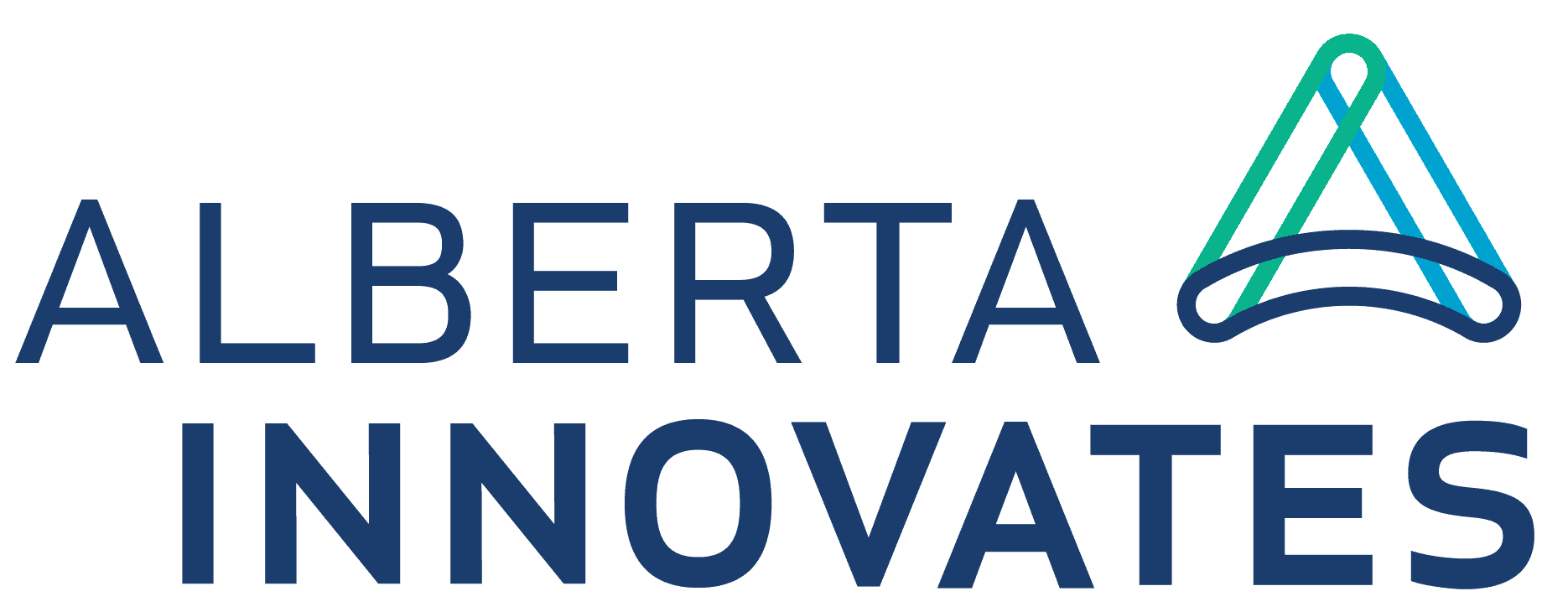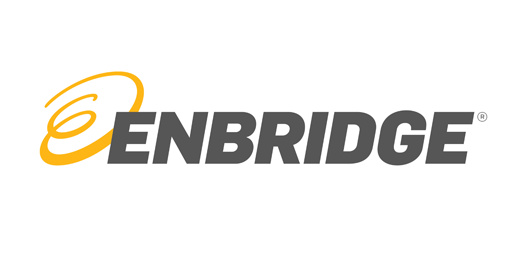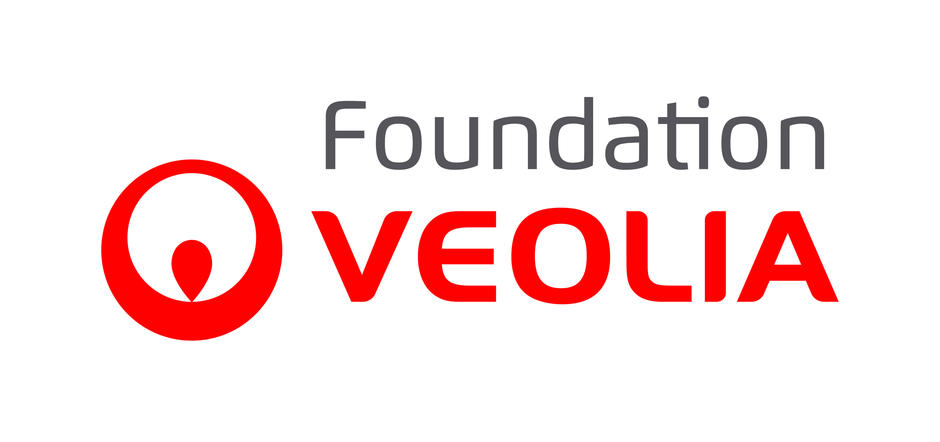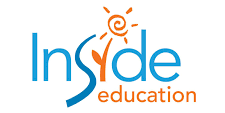A nexus is the place where points intersect, linking many different parts of a system together. Water is the nexus between food, energy, and people. Water is required to meet the demands of our growing population, to maintain and improve environmental health, and to support the production of food and energy. As the availability of water changes and our population grows, meeting the demands in the Nexus will become increasingly challenging.
Find out more about the Water Nexus by watching this video:
Find other fun videos about the Water Nexus on this page.
Food, energy and people demand water and other resources, and meeting the requirements is challenging due to population growth, economic development, and climate change.
Each sector uses water in different ways and has different priorities. Decision makers in each sector may not recognize their impacts on other water users. Individual and collective decisions made by people and communities have a large impact on the water-food-energy nexus.
Simply stated, our actions and choices result in consequences for our water, food, and energy resources. Try using the Nexus simulator to explore the results of choices in all three sectors in the Bow River Basin in 2030.
Learn more about choices in each Nexus sector by clicking the buttons below or use the menu above:
Example case studies explore each of these sectors:
Explore the Nexus in the Bow River watershed by playing this choose-your-own-adventure game:
Equitably sharing a common resource like water among many users with diverse needs is challenging. In addition, there are multiple connections between sectors making it even more complex. For example, choosing to conserve water by limiting irrigation of crops will drive up the cost of food and many people will lose their jobs. These connections can also mean that multiple sectors benefit from one choice or action. For example, conserving water by taking shorter showers also conserves energy by demanding less hot water.
To see more examples and learn about more of the connections in the Water Nexus, visit the Connections page.
For over three years, the WaterPortal developed and built a project that explores the connections between water, energy, food (the water-energy-food nexus). Because the demand for these resources is driven by people and their decisions, the project also incorporated socio-economic considerations including the ways people benefit from balance in the Nexus, and how choices by one group of people impact the livelihoods of others. Although the nexus concept can be explored around the world, the Water Nexus Project focuses specifically on Alberta.
The crucial question driving the Water Nexus Project is:
How can available water be managed to support healthy aquatic ecosystems while also ensuring reliable, quality water supplies are available for a sustainable economy and to meet community needs?
The Sankey diagram above shows the volumes of the Bow River that are allocated for different uses, as well as the origins of water in the Bow River. The widths of the grey bars are proportional to the flow quantity, and the same total volume of the Bow River is shown in each segmented portion across the graph. It is important to note that the volume of the Bow River changes over time and varies from year to year. This diagram helps us to conceptualize the movement of water throughout the Bow River Basin from its source to end-use, and the complexity of water use in the Nexus.
This project has been made possible by Alberta Innovates, Veolia Foundation, Aberta Real Estate Foundation, Nutrien, Enbridge and the Carlson Family Foundation along with the Government of Canada and the Government of Alberta through the Canadian Agricultural Partnership.






Inside Education has been the key partner with the WaterPortal Society for phase III of the Water Nexus Project.

We provide Canadian educational resources on water practices to promote conservation and sustainability. Our team crafts current and relevant content, while encouraging feedback and engagement.
The Canada WaterPortal is a registered charity, #807121876RR0001
We recognize and respect the sovereignty of the Indigenous Peoples and communities on whose land our work takes place.
© 2025 All Rights Reserved.